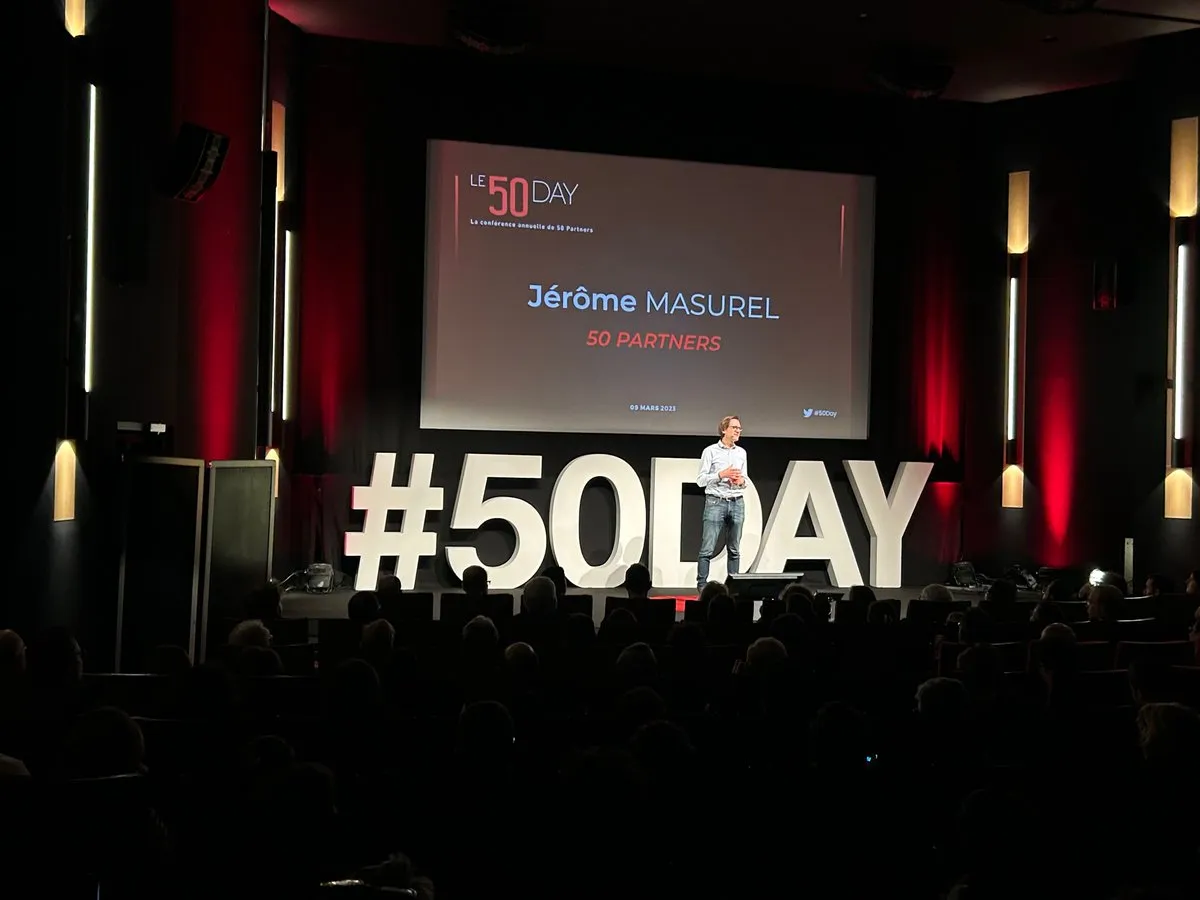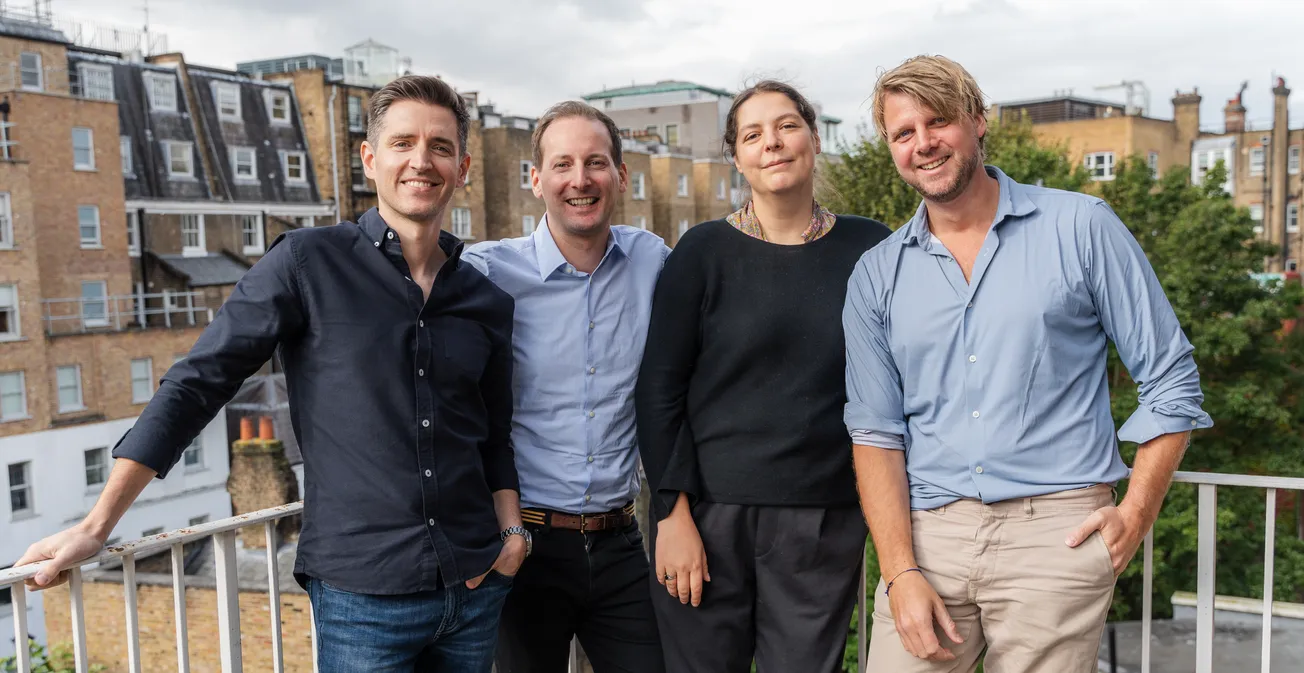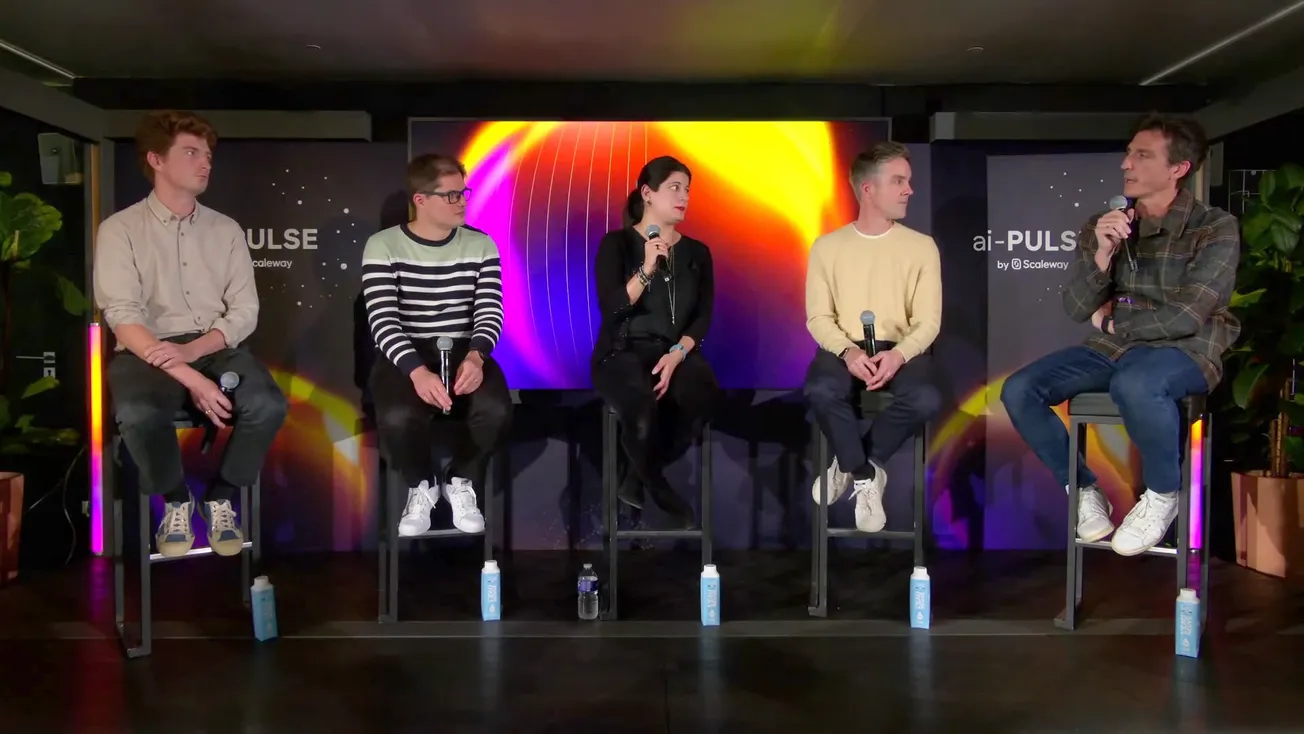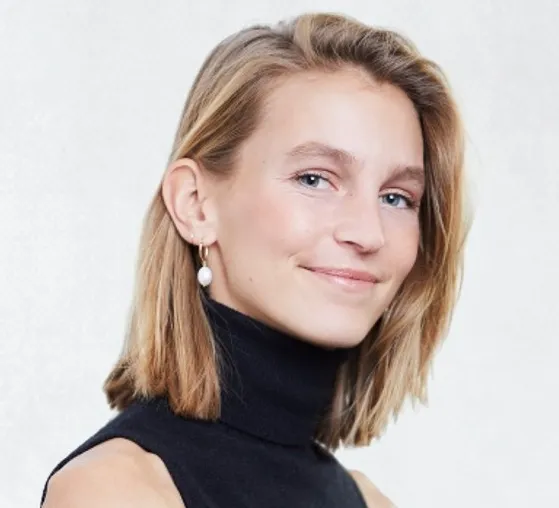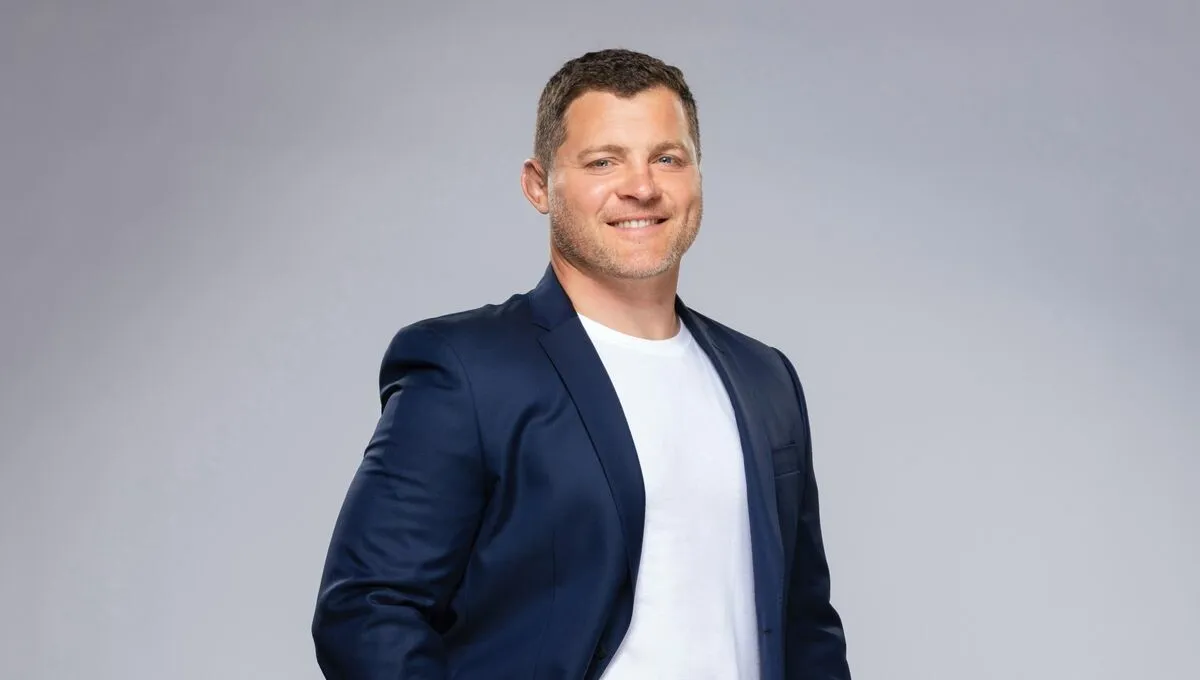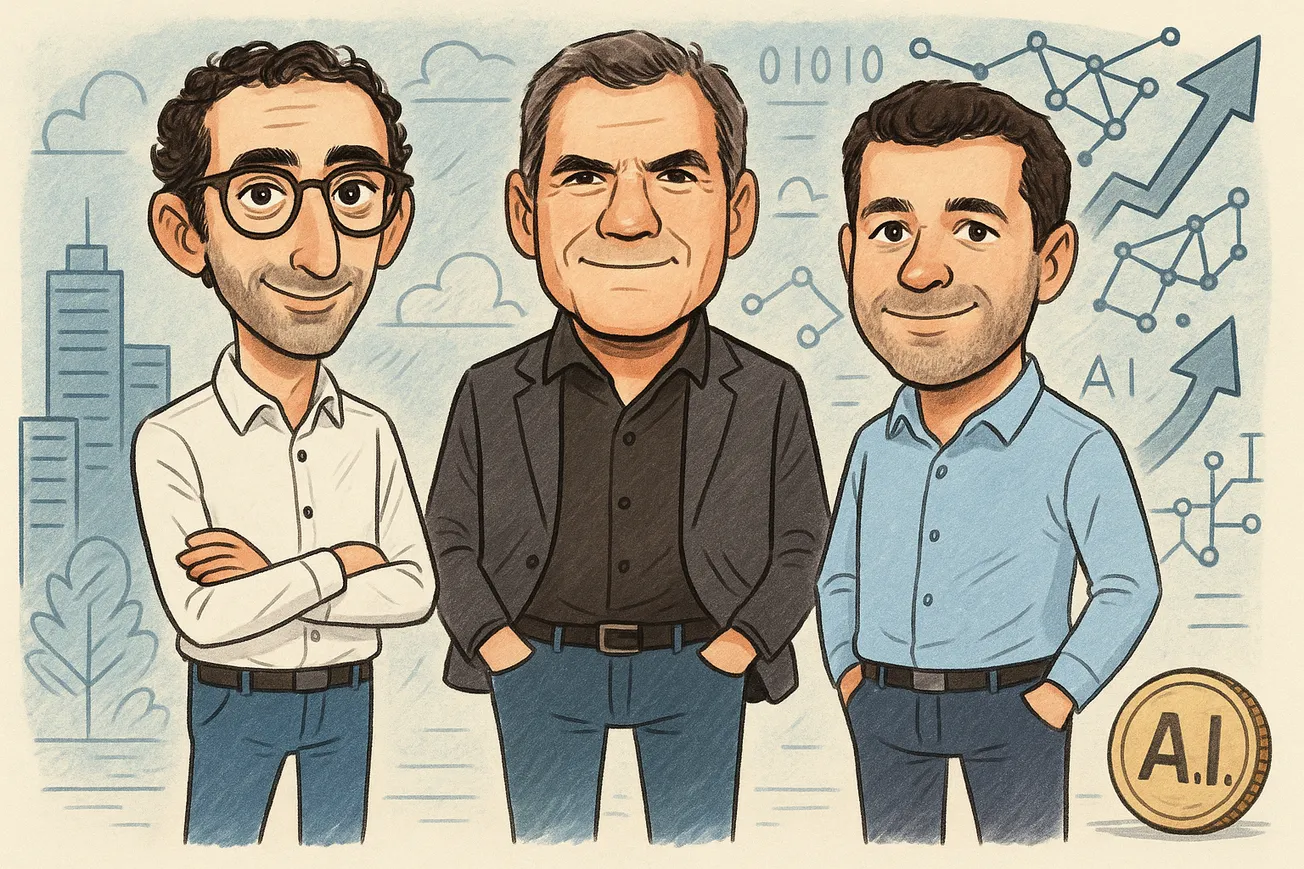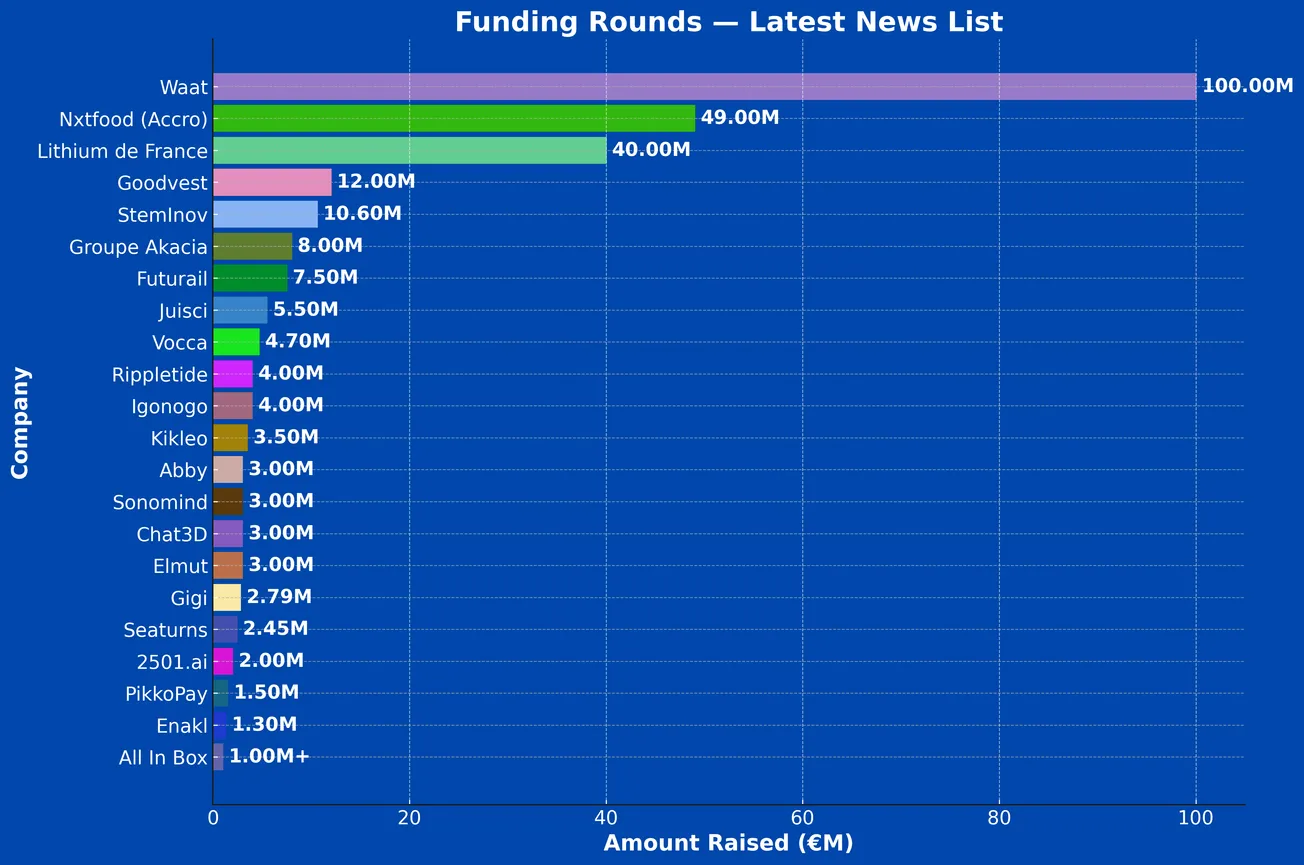What: 50 Partners is a Paris-based accelerator program that matches startups with its curated list of 50 entrepreneurs (the "partners") who provide life-long guidance and advice to the founders as they develop the idea.
Jérome Masurel founded 50 Partners in 2012 as an antidote to his previous experience with accelerators, which he believed were too focused on their own goals and missions rather than serving the founders who participated. To better serve entrepreneurs, the 50 Partners has recruited entrepreneurs from some of France's top startups (BlaBlaCar, Showroomprivée, Leboncoin, Dataiku, Talentsoft, etc.) who have different fields of expertise (finance, product development, sales & marketing, etc.).
Those partners help 50 Partners select just a few startups each year out of thousands of candidates. Those chosen get a bespoke experience. They are paired with a few relevant partners, with 50 Partners acting as a kind of matchmaker and facilitator. Those mentor-partners, in turn, take shares in the startups they work with, but the accelerator itself does not.
"We decided that the shares are not for us," Masurel said. "The capital is for the mentors, for the partners. That's very different and it's very original. It's a little less interesting financially, but it allows us to bring together people of very, very high quality and to have a very strong commitment from these people. Our job is to transform their expertise into project capital."
The Founder: Masurel had worked for incubators in London during the dot-com boom. They all went kaput because their business model was based on getting equity in their startups, and when the bubble burst they were left holding an empty bag. From there, Masurel went on to work with investment funds until deciding to create 50 Partners in 2012.
"It's really important to have a stable business model, that's solid, and that allows you to support projects over the long term, whatever happens," he said.

Themes: When 50 Partners launched, its main theme was digital businesses. Since then, it's added three verticals: Impact six years ago (environment, social issues, circular economy, etc.); HealthTech three years ago; and Web 3 about 9 months ago.
How It Works: The accelerator actually has 50 Partners for each of the 4 verticals. And each vertical accepts on average 6 to 8 projects per year, for an average of 25 new projects annually.
50 Partners has a full-time team of 30 analysts and experts who will study between 1,500 and 2,000 projects over the course of a year in each category. While a few applications might trickle in, the team primarily reaches out to startups it hears about via its network or comes recommended by one of its entrepreneur-partners.
That initial number is winnowed quickly to 500 which get closer looks, and then down to 50 which go through more intensive due diligence. The partners in each category are part of the evaluation process, helping to cull until just a handful are still standing.
This gets to the core value proposition of 50 Partners. Rather than bringing in lots of startups and giving them a little attention for a few months, 50 Partners brings in a small number and works with each one intensively for long periods that can extend well past the official 3-year program. In some cases, the accelerator has been working with certain startups for 9 years.
"We can concentrate all our resources on these projects," Masurel said. "It's a pretty unique model that allows us to help them succeed. We think it's very important to be a long-term partner because it takes time to create a good startup. You can't do it in three months or six months."
That work over time can include product development, strategic planning, forging partnerships, hiring lawyers and accountants, recruiting, and so on. And when the time comes, 50 Partners will help with fundraising.
"We're solution architects," Masurel said. "We know the projects and the problems they face. And we know the partners and the expertise they represent. So we match our partners' needs all year round. For example, a start-up wanting to study a development project in Asia: We know which of our partners have had this experience in the past and we'll be able to connect them."
Number of Startups: 50 Partners has taken on 120 startups since its founding, and Masurel said only 6 or 7 have shut down.
"The success rate is very high because I think we manage to make a big impact with the projects we do," he said.
Size of Investments: In addition to the accelerator program, 50 Partners has also created investment funds to co-invest with the most promising startups. While some of the entrepreneur-partners might invest as Business Angels into the startups they work with, putting money into the funds also allows them to invest across all 50 Partners startups that raise money.
So far, 50 Partners is managing about €50 million in investment vehicles for digital and impact startups. It hasn't yet created funds for HealtTech or Web 3. When it does invest, it only invests about 10% to 15% in a given round.
Notable Startups:
- ProcessOut (acquired by Checkout.com in 2020)
- The Guarantors, risk and financial solutions for the real estate ecosystem: Raised $87.8 million (inc. debt)
- DataDome, AI powered SaaS bot protection solution for e-commerce and classifieds sites: Raised $80.9 million
- Selency, a community platform specializing in pre-owned furniture and decor items: Raised $57.8 million
- Omie & Cie, a food supply transparency platform: Raised $17.6 million
What they bring to the table: Startups selected get office space. They also can get plugged into 50 Partners' international networks. Then there is also the "50 Friends" ecosystem which includes 250 executives from large corporations, scale-ups, investors, and a variety of other business executives. They also get to participate in 50 Partners' annual pitch conference.

